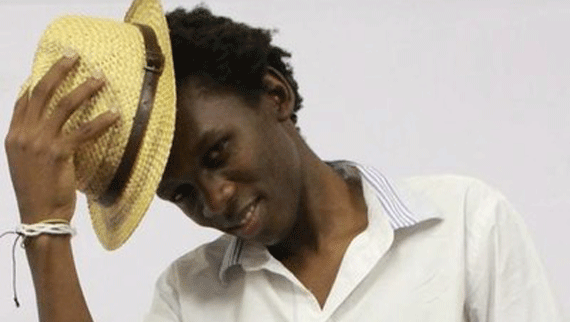
AS WE look forward to new radio players being licensed to “narrow cast” to the major cities countrywide, this will be another moment in radio history.
By now the Broadcasting Authority of Zimbabwe is expected to have its favourite contenders and there is little use digressing there.
Here’s the problem — the Broadcasting Services Act and its requirement that forces broadcasters to play 75% local content. While many local artistes were jumping for joy, the truth is that it is too high. Haven’t we done this before? Found it to be unsustainable? Urban grooves?
While it is understandable that many of us young people turned to the arts especially music in the past years of the country’s economic meltdown, not everyone should be given precious airtime. I have written in this paper about how radio is intimate. The moment you hear music you don’t like, you switch off.
That is why for years bland radio DJ’s (yes, it’s amazing how some local radio DJ’s still want to be called presenters) always beg listeners not to “touch that dial.” Radio formatting is based on the type of music played. The former Radio 1 (SFM) was more country and pre-90’s Top 40 (or Hot AC to the more in tune, excuse the pun). Radio 2 (Radio Zimbabwe) airing in Ndebele and Shona only, likewise played music sung in those two languages.
Radio 3 (Power FM) was more pop and R&B – the latest Hot AC. Radio 4 (National FM), funny to even try to remember because my manual dial hardly reached that far, had a variety of minority languages and music as such.
I would love to rip into the new Star FM and ZiFM Stereo about how they picked a bit of this and that, but I would be digressing again.
English only Radio 3 was the most popular in my household because of the flawless and seamless nature in which programmes (we prefer to call them ‘shows’ these days or we’d get stuck in ‘presenter’ and ‘segment’ ages) and the music was packed.
- Chamisa under fire over US$120K donation
- Mavhunga puts DeMbare into Chibuku quarterfinals
- Pension funds bet on Cabora Bassa oilfields
- Councils defy govt fire tender directive
Keep Reading
You couldn’t tell if they were airing from Harare or Bulawayo unless the DJ said so. Simply put, all of ZBC Radio in the 80’s and 90’s was brilliant.
I am yet to come across any young artist saying they sent their music to Radio Zimbabwe or National FM. Why, because they are not ‘cool’ stations and yet that is exactly where they would get more airplay and more listeners!
But then again most young artists expect their music to teleport into radio systems! It’s not entirely their fault — they don’t know. In a normal economy, a record label does that for the artist.
The issue becomes about the trifecta of being able to sing, produce and distribute good material.
As a music critic, on average I receive three e-mails per day of local music needing to be downloaded and listened to. Initially, I’d go through it all, but the submissions seemed to multiply by the day.
I realised that to many young artists, plucking a few computer generated guitar strings, adding a kick here and there and bellowing tunelessly in-between constitutes a discography.
Radio airplay is not a human right.
The law cannot encourage our youth who would be better off going to school (or being cheap labour needed to revive the industries) spending any more time in front of computers or home studios selling $5 beats knowing that come June 31, they will get a nice cheque from royalties agency, Zimura!
A lot of radio stations would have played their music right?
The likes of Winky D have reportedly been earning in excess of $15 000 per year in airplay royalties alone, so why not just push a few beats around?
Countries like South Africa and Australia which have significant music businesses have local music quotas set at 30%.
The Australian Broadcasting Corporation recently revealed that they actually played 44% of local music last year.
It should be organic (excuse the pun again) to play local music as a quality control mechanism for local artists or otherwise it will be difficult for them to be picked up by wider audiences — Mokoomba anyone?
We are a very small country and not much of a music buying republic.
Plus, we will kill our own radio stations with too much local music. People have plenty choices.
Subscription TV/radio is no longer a luxury and the primary reason of having satellite is to avoid local content.
Many Zimbabweans have broadband and tune to internet radio as it is or direct music streaming services.










